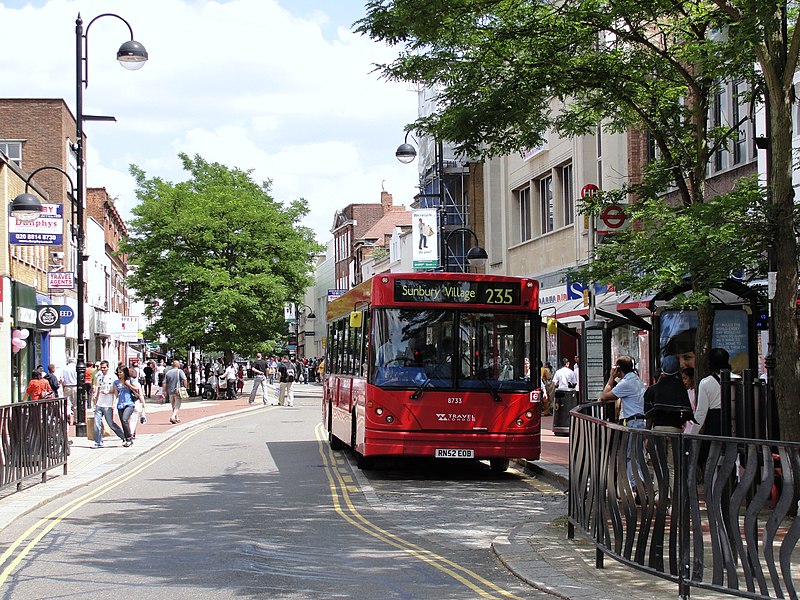
Campaigners are sounding the alarm over the reduction of 2,160 bus routes, equivalent to nearly 20%, across England between 2022 and 2023, leading to communities being "isolated" from
essential services and connections.
Labour has accused the government of engaging in "vandalism against communities," while asserting that more services are now under threat.
The Department for Transport (DfT) has attributed the increase in route reductions, in part, to alterations in the bus licensing system. However, this data doesn't encompass bus registrations for the entirety of England.
Transport for London is in charge of regulating bus services in the capital. Similarly, the West of England Combined Authority and Hertfordshire oversee local licensing.
Paul Tuohy of the Campaign for Better Transport emphasized that scaled-back bus services are causing communities to be "cut off from jobs, education, services, friends, and family." Tuohy called on the DfT to offer sustained funding for buses and proposed the establishment of a unified funding source for all local authorities, ending competitive funding.
The Traffic Commissioners for Great Britain, responsible for licensing and regulating bus services, have observed a decline in registrations from 10,941 in 2022 to 8,781 in 2023.
Louise Haigh, Labour's shadow transport secretary, decried the "staggering decline" in local bus services under the government's watch, characterizing it as "vandalism against our communities." Haigh emphasized Labour's commitment to empowering communities to regain control over their bus services.
A DfT spokesperson cautioned against directly correlating the figures with changes in the number of bus routes. They clarified that the Traffic Commissioners exclude services now licensed by local transport authorities from their count.
Graham Vidler of the Confederation of Passenger Transport, representing the bus and coach sector, highlighted the enduring popularity of buses as public transport and the steady increase in passenger numbers. Vidler called for government investment in the bus sector and funding for additional bus priority measures to expedite buses and establish more dependable routes.
The government has extended the £2 cap on bus fares in England until the end of October, an initiative initially introduced during the pandemic to support bus companies as passenger numbers declined. Extending the cap and subsidizing fares at £2.50 until November 2024 will entail a £200 million cost, according to the government.
As the average cost for an adult's single journey hovers around £2.80, and can exceed £5 in rural regions, the Department for Transport has pledged £300 million until 2025 to safeguard vital routes that facilitate work, education, medical appointments, and infrastructure enhancement. Photo by Maxwell Hamilton from Greater London, England United Kingdom, Wikimedia commons.


































